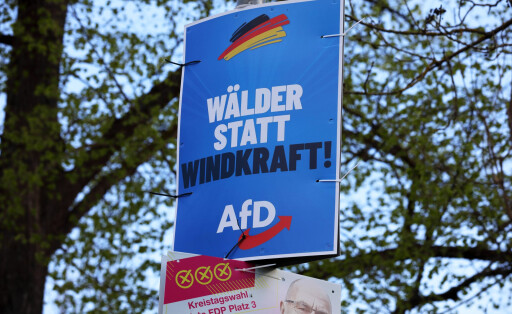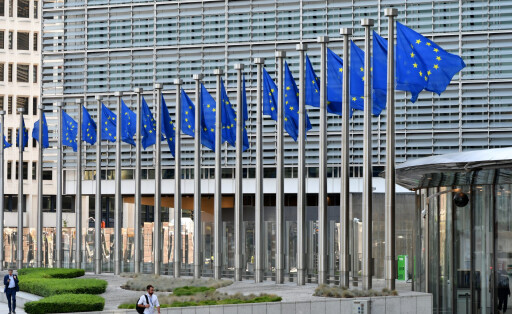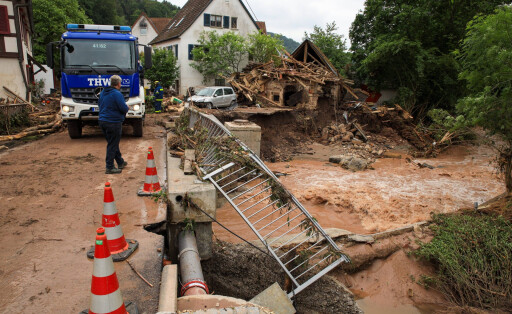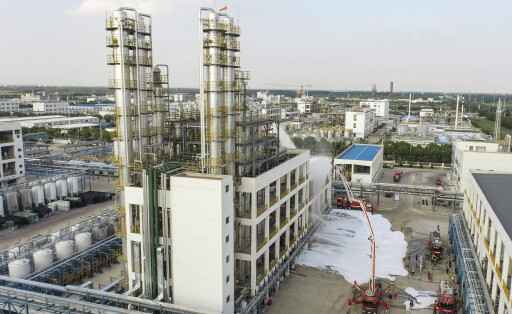
Right-wing populism: How the AfD exploits and polarizes the climate debate
In the European elections, the AfD campaigns by rejecting the Green Deal and climate policy. Looking ahead to German municipal and state elections, they deny human-caused climate change and reject the Paris Agreement. There is a clear strategy behind this.
By








